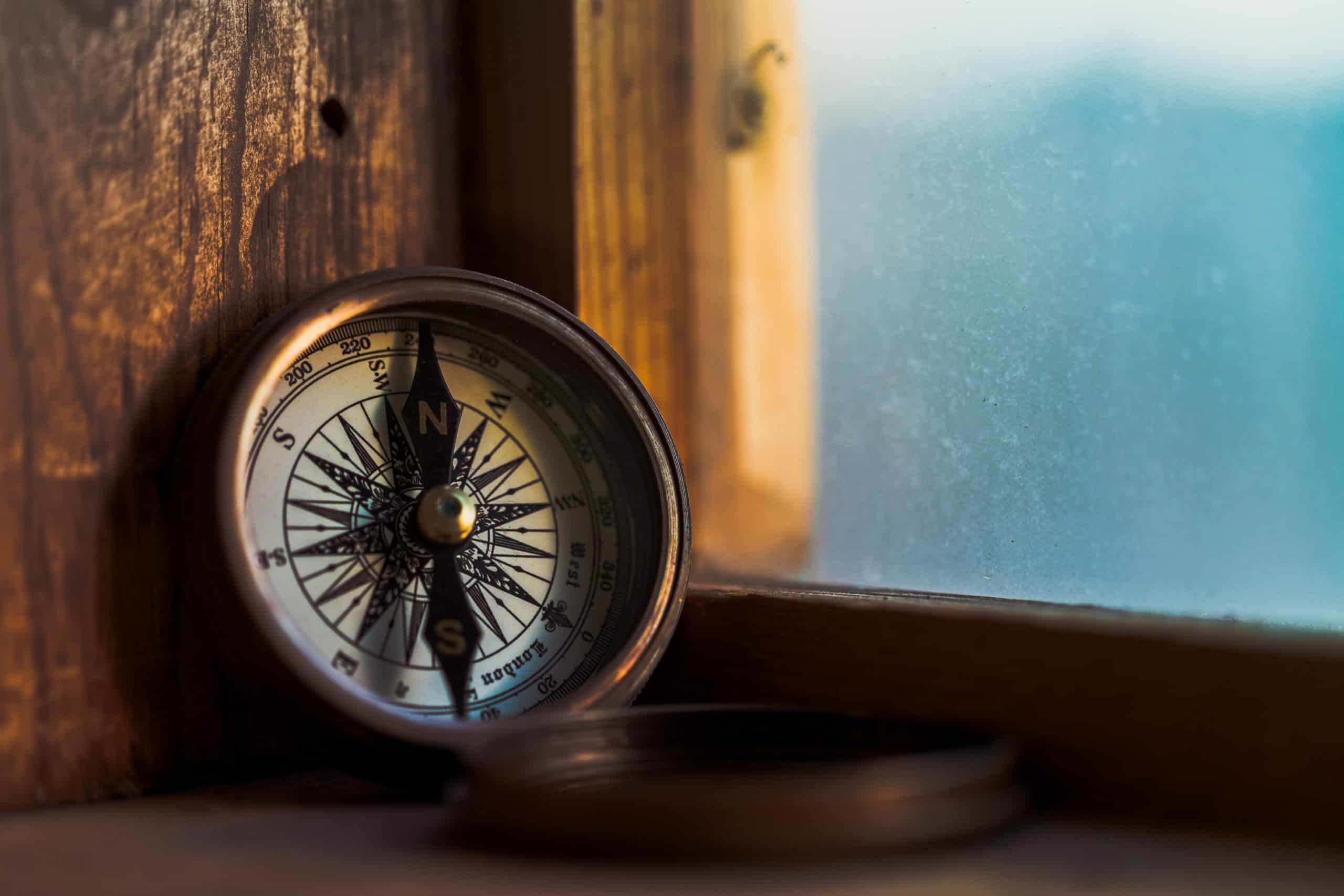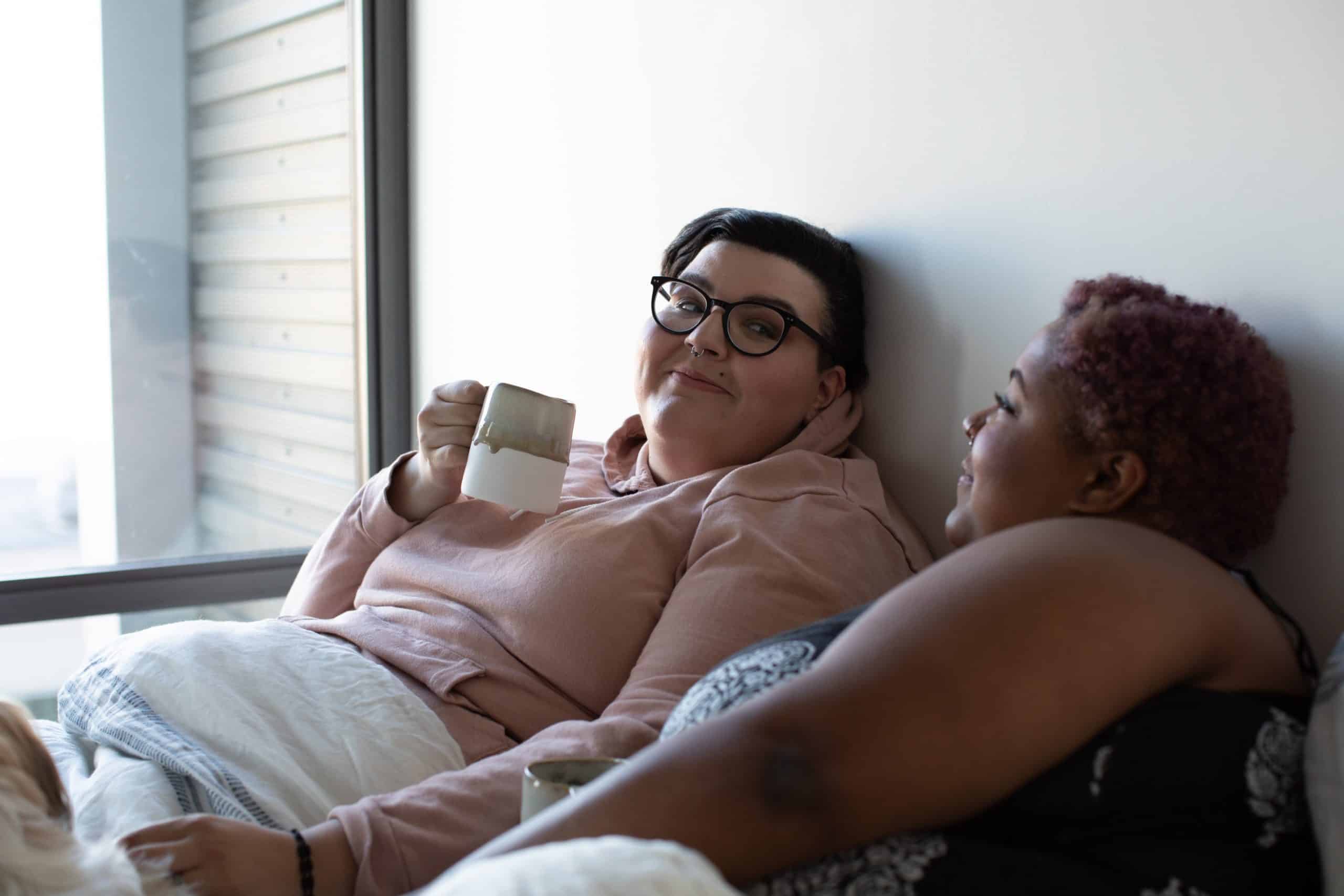
Do you ever feel a bit lost in your relationship with your partner? Not sure where the relationship is going? Or wonder if you have grown apart, moving down different paths in life? Most of us do, it is normal to reflect on the direction you are going in overall in your life, and also within your intimate relationship. Being in a long term relationship with someone is not an easy journey to travel on, you are bound to face doubts from time to time.
Feeling lost
Imagine that you and your partner are out wandering in the woods on a familiar hike, getting stuck in a argument about something going on in your busy lives, and suddenly you look up and don’t know where you are. You have got lost. You don’t quite know which way to go to get out of the woods from here, and seeing the last rays of sunshine find their way through the trees, you get an uneasy feeling in your stomach. It will get dark soon. You might have a go at your partner, for not paying attention to the path. Or you might beat yourself up for being ‘so stupid’ that you couldn’t keep track of the turns. Your pulse starts to beat faster, as the threat system in your body activates. You start to walk faster, to make it out before darkness sets. After a while, you see something familiar and feel hopeful, recognising a particular bush and thinking you have made your way out. But then realise you have seen that before, you have been here before and it is because you have walked around in a circle. That is what a lot of couples do – when they are lost, they blame each other and themselves; then they panic and walk faster, and often end up walking in circles. Repeating the same mistakes over and over again. They start to set goals for what they want to do, but lose sight of how they also want to be. Imagine now that you come to a halt and sit down on a rock in a slumped state – all hope has gone out of you. You don’t know what to do. You are fed up with your partner and fed up with being lost. This is where creative hopelessness can come in.
Finding direction
When we surrender into this moment, of not knowing where we are or where we are going, and feeling the weight of the hopelessness, we can actually get creative in our thinking. You take a deep breath and suddenly you remember that you actually have a map and compass, you just forgot about having packed them just in case. You didn’t think you would need them on this familiar hike, you’ve done it before. What is on that map? Which direction is the needle pointing to on that compass? This is what happens to many of the couples I see – they get too busy with everyday life, forget to pay attention to where they are going, get lost and wonder how they got there. They have got complacent about using a map and compass, assuming they just know the way as out of habit. But anything can throw us off track in our relationships. Then they panic and frantically try to escape, just causing more hurt and confusion about which is the right way to go. This is where anger, fear and sadness sets in. Hopelessness, thinking that things will never change.
Let your values be your map and compass
What I mean by values is the direction you want to walk in, how you want to be in your relationship and what you value about a lasting connection. Perhaps stability, safeness, connection, team spirit? If you value those things, you can choose to act in accordance with those values. If you lie, cheat or make major life decisions without discussing them with your partner, you are actively taking steps away from those values. Your actions don’t tally up with what you believe in. So you have dissonance, an unpleasant feeling of something not being quite right. You can either come clean with yourself and admit that you don’t really value those things, which means you don’t have to change your behaviour, or you can admit to yourself that you haven’t been the person you aspired to be. We try to do so with a gentle kindness, understanding how hard it is to live with our human nature and tricky minds, knowing with wisdom that you are going to get it wrong at times, despite your best intention. That you will mess up and get lost in the woods. That you will make it worse by walking in circles, or add insult to injury.
Gentle returns
Psychologist Kelly Wilson talks about ‘gentle returns’ when we drift off course, acting away from our values. The return is important, as it shows our commitment and dedication to doing what matters to us. The gentle means we do this return in a self-compassionate way, keeping in mind that we would rather choose a compassionate teacher for ourselves rather than a shaming and blaming one who beats us up when we get it wrong. Because inevitably you will. In my opinion, a marriage or long term committed relationship is essentially a life time of gentle returns.
If you want to learn more about how to find direction when you feel lost in your relationship, and develop the capacity for gentle returns to what matters to you, check out the eight-week couples compassion course on the Events page – click here.
Michaela Thomas, Clinical Psychologist and Founder of The Thomas Connection.





